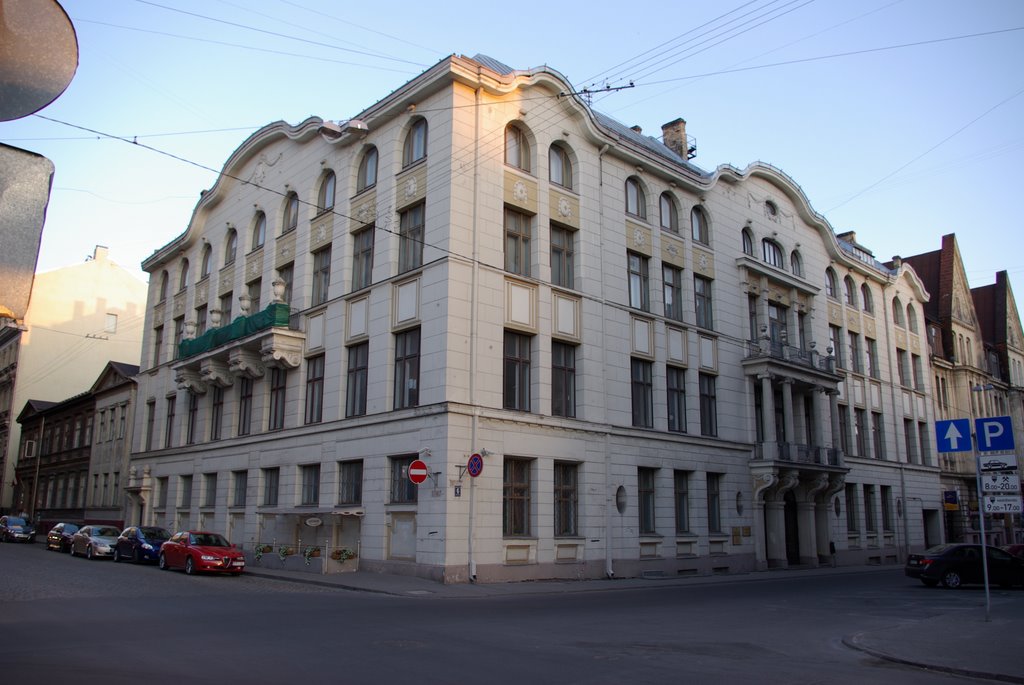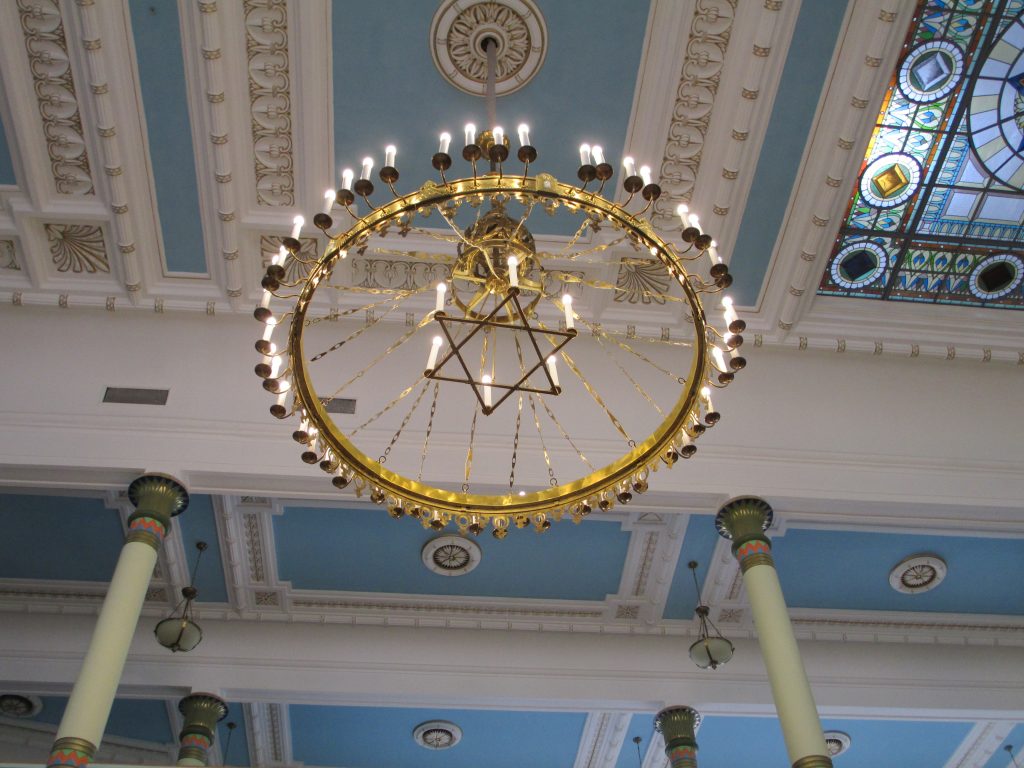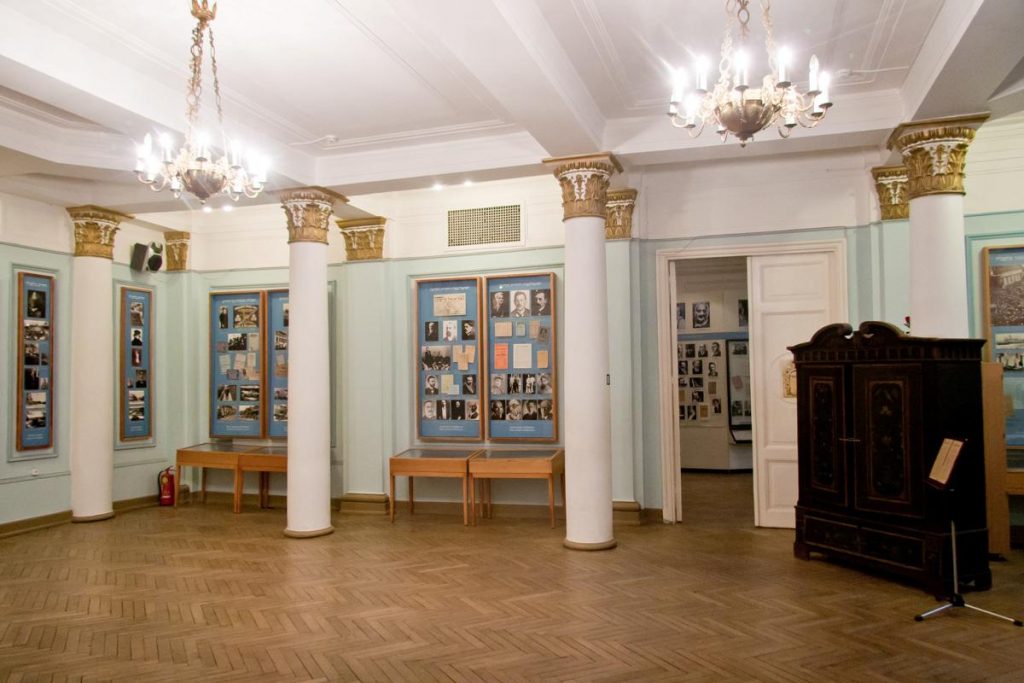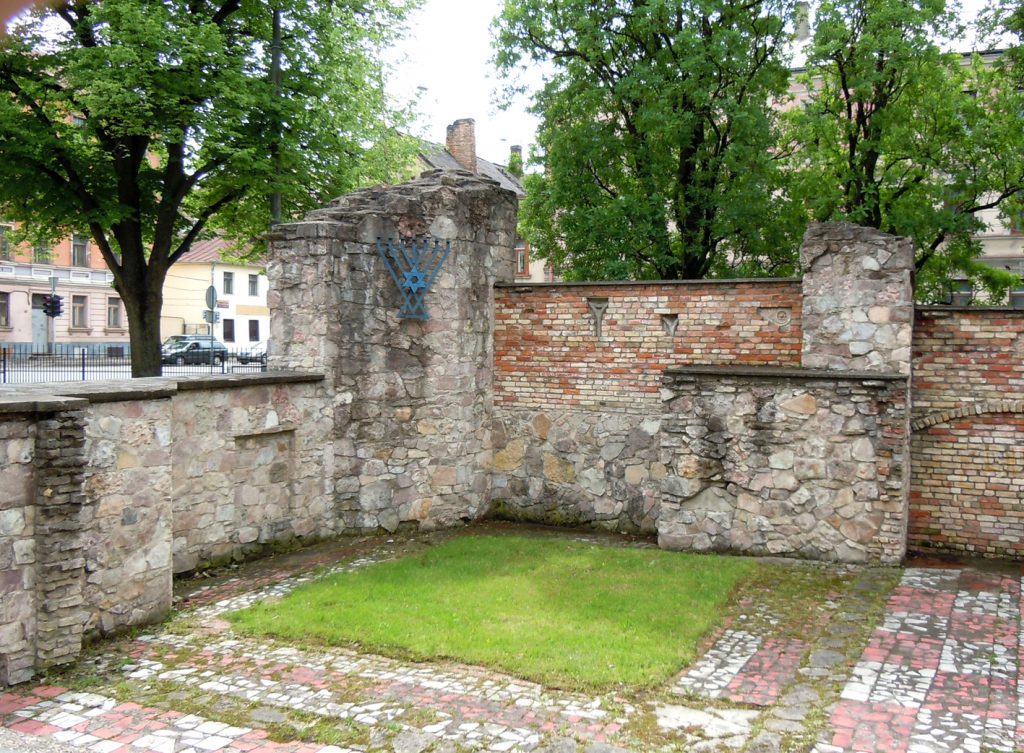The Jewish community of Latvia traces its origins to the middle of the fourteenth century. It developed in the principalities of Kurland and Livonia, territories that have often changed hands. The presence here of Baltic barons contributed to the Germanization of the country and placed the Jews themselves under this cultural influence.

The gradual annexation of the country by the Russian Empire weakened the Jewish presence, since only Jews who could prove to have lived there before it was absorbed by the Russian Empire were authorized to stay.
However Germanized or Russianized the Jews became (even for 85% of them the everyday spoken language was Yiddish), their position was always uncertain in relation to the national movement in Latvia, which saw them as foreigners.

The large majority of Jews now established in Latvia came from the former Soviet Union, and are thus Russian speaking. As in the other Baltic states, Latvians conceive of citizenship as rooted in ethnicity, which means, in effect, Jews are not citizens of the new republics, and yet are no longer Russian citizens either.
Outside the big cities, Jews obeyed strict religious observance. Latvia gave us two remarkable figures of Orthodoxy: Rav Joseph Rosen (1858-1936), known by the name “Gaon of Rogatchov”, after his birthplace, or “Rogatchover”, who officiated in Daugavpils (Dvinsk); and Rav Meir Simha ha-Kohen (1843-1926), known as Or Sameah, who also lived in Daugavpils.

In addtion, the Zionist revisionist movement was powerful among the country’s 85,000 Jews (4% of the population), who before 1940 were concentrated in Riga and Liepaja. Indeed, Riga was the cradle of Betar, the right-wing Zionist youth movement. Before the Shoah, Betar had even organized a nautical club, whose members later helped establish Israel’s first navy.
The Shoah destroyed 90% of Latvia’s Jewish community, and the work of remembrance had not been accomplished as it should have been. The Latvian Waffen SS are still perceived by Latvians as “patriots” who fought against the Soviet Union; neo-Nazis are free to parade in the streets under the gaze of the authorities. As a result, only a single monument to the genocide exists, in the Bierkerniecki forest, where 46,000 Jews were killed.

Many Jewish properties were also nationalized by the Soviet Union. In the 1970s, Riga was an important center of refusenik activity.
In February 2022, following lengthy discussions, the Latvian parliament passed a law on the restitution of Holocaust-related property, approving a budget of 40 million euros over 10 years. This restitution will be made to the heirs of lost Jewish property and will help revitalize the Latvian Jewish community.
In November 2022, Israeli President Isaac Herzog welcomed Latvian President Egils Levits, to mark 30 years of diplomatic relations between Riga and Jerusalem and develop ongoing partnerships.
There are around 9,500 Latvian Jews in 2025.